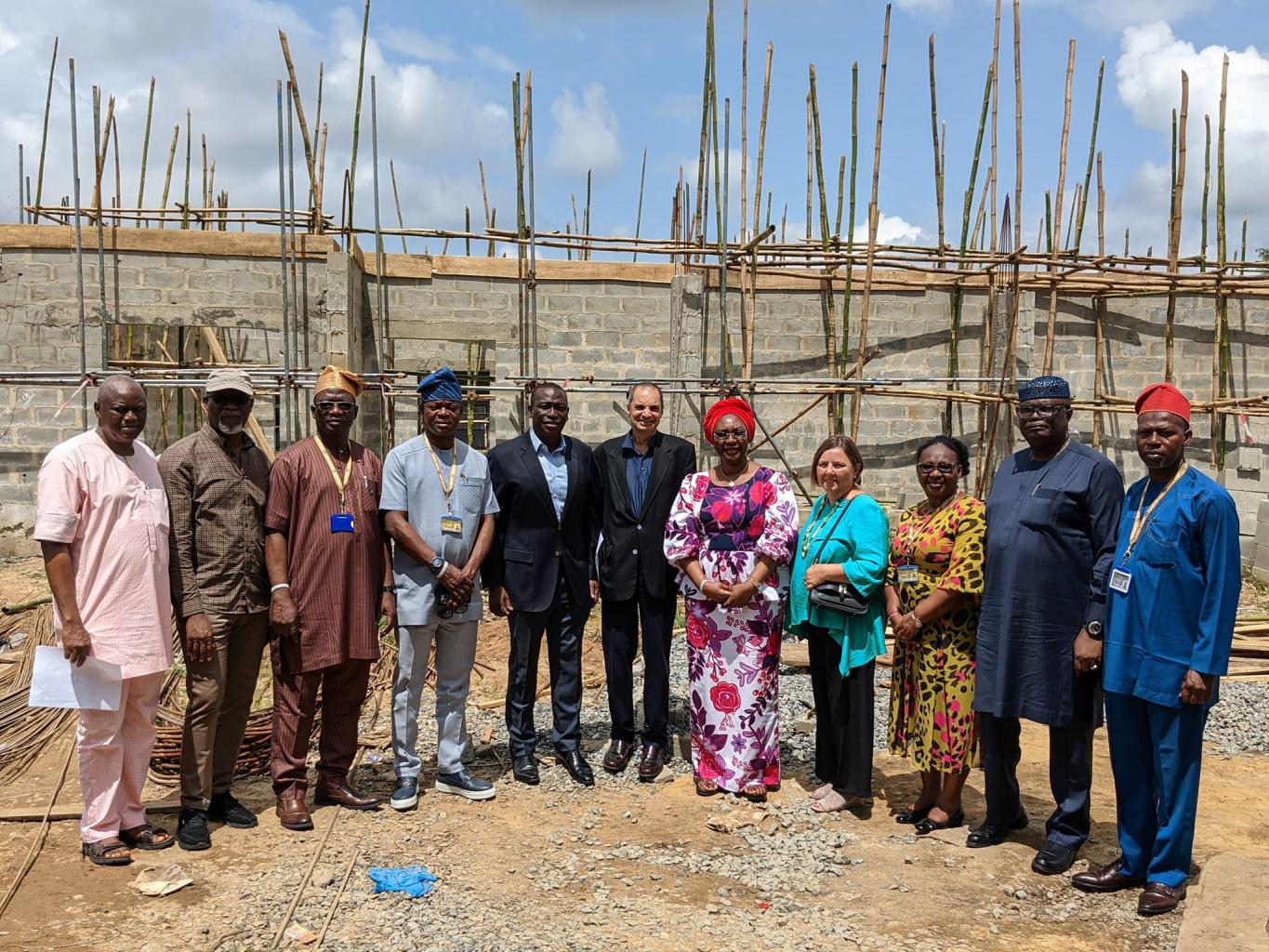
Since 1994, the Manufacturing Assistance Center Initiative (MAC), currently in Titusville and co-founded by Dr. Bopaya Bidanda, has been a part of the Swanson School of Engineering’s (SSOE) Department of Industrial Engineering and has been closely associated with economic and workforce development initiatives in the region. The MAC was created with a mission to transform communities, create micro-entrepreneurs to improve the quality of life, and also assist regional manufacturers and individuals in gaining a competitive advantage. Since 2013, the MAC has become an integral partner and key initiative of the Business of Humanity® Project.
The MAC is a technology transfer center with a highly skilled staff and a working, state-of-the-art factory. The MAC offers southwestern Pennsylvania manufacturers shared access and hands-on training on a number of advanced machine tools and computer aided manufacturing software programs. The MAC’s training programs have produced over 1,000 graduates in the machining trades, and numerous small companies have benefited by utilizing space at the MAC for a variety of purposes, including prototyping and systems testing.
Today, the MAC remains a vital component of the manufacturing sector in southwestern Pennsylvania. MACs (previously in Harmarville, Homewood), and currently in Titusville (see March 2021 Pittwire article), have focused on uniting local manufacturers with advances in technology to strengthen their position in the global economy and providing quality training for individuals interested in careers in manufacturing. The MAC model is based on wraparound workforce development. Utilizing immersive, experiential training, we find that persons with minimal skills can be transformed into contributing members of a manufacturing and entrepreneurial workforce in as little as six weeks.
Three key elements will provide the momentum necessary for future growth in the community:
- MAC Community Outreach and Needs Assessment
- Organic Growth/Research and Development
- Transform Communities, Create Entrepreneurs and Attract Manufacturing to the Region
It is our thesis that this model can be applied globally with some adaptation to transform communities and people who live at the margins. The exact skills to be developed will depend on the market and needs of the community and region.
Latest News (January 2024): MAC at Pitt-Titusville Receives Two Grants to Support Student Scholarships
Congratulations to the MAC at Pitt-Titusville on receiving two grants that will support student scholarships. The MAC received a $25,000 grant from Crawford County as part of the American Rescue Plan and $12,000 from the Gene Haas Foundation, based in Oxnard, California, which supports manufacturing training programs throughout North America and beyond.
Please check out the direct link to the full article in Pittwire: The Manufacturing Assistance Center at Pitt-Titusville Earned 2 Grants to Support Student Scholarships
In February 2022, the MAC was awarded a Momentum Teaming Grant by the University of Pittsburgh, which provided the necessary funding to help build a MAC in Lagos (Africa).
On a recent trip to Africa, Dr. Bidanda met with representatives from Lagos State University and the Central Bank of Nigeria to visit the site of the new Manufacturing Assistance Center (MAC) at the Lagos State University in Nigeria. This MAC project is a product of a partnership between Lagos State University and the University of Pittsburgh and has been an exciting development in the expansion of the MAC and a definitive demonstration of BoH principles in action.
The Business of Humanity® Project is partnering with the Indian Institute of Management - Mumbai (IIM-Mumbai) and Astha Sewa Sansthan to begin the creation of an Ayurvedic Manufacturing Assistance Center (AMAC) in the Block Pabaur Village Pauri, HaryaliSain in India.
Ayurvedic medicine is considered an alternative medicine system, but its roots in India have existed for over two millennia. Ayurvedic medicine includes a range of treatments including yoga, massage, acupuncture, herbal medicines and special diets which help encourage a healthy lifestyle.
The objective of the project is to reverse urban migration and provide local farmers, Herbal Health and Therapeutic practitioners with meaningful and sustainable jobs with potential for micro-entrepreneurship in the region.
Click here to learn more about the AMAC!
We are pleased to introduce our MACs Advisory Board Members!
